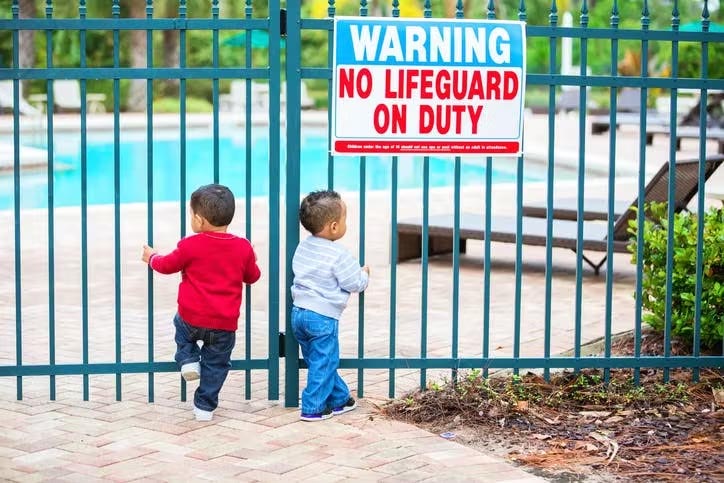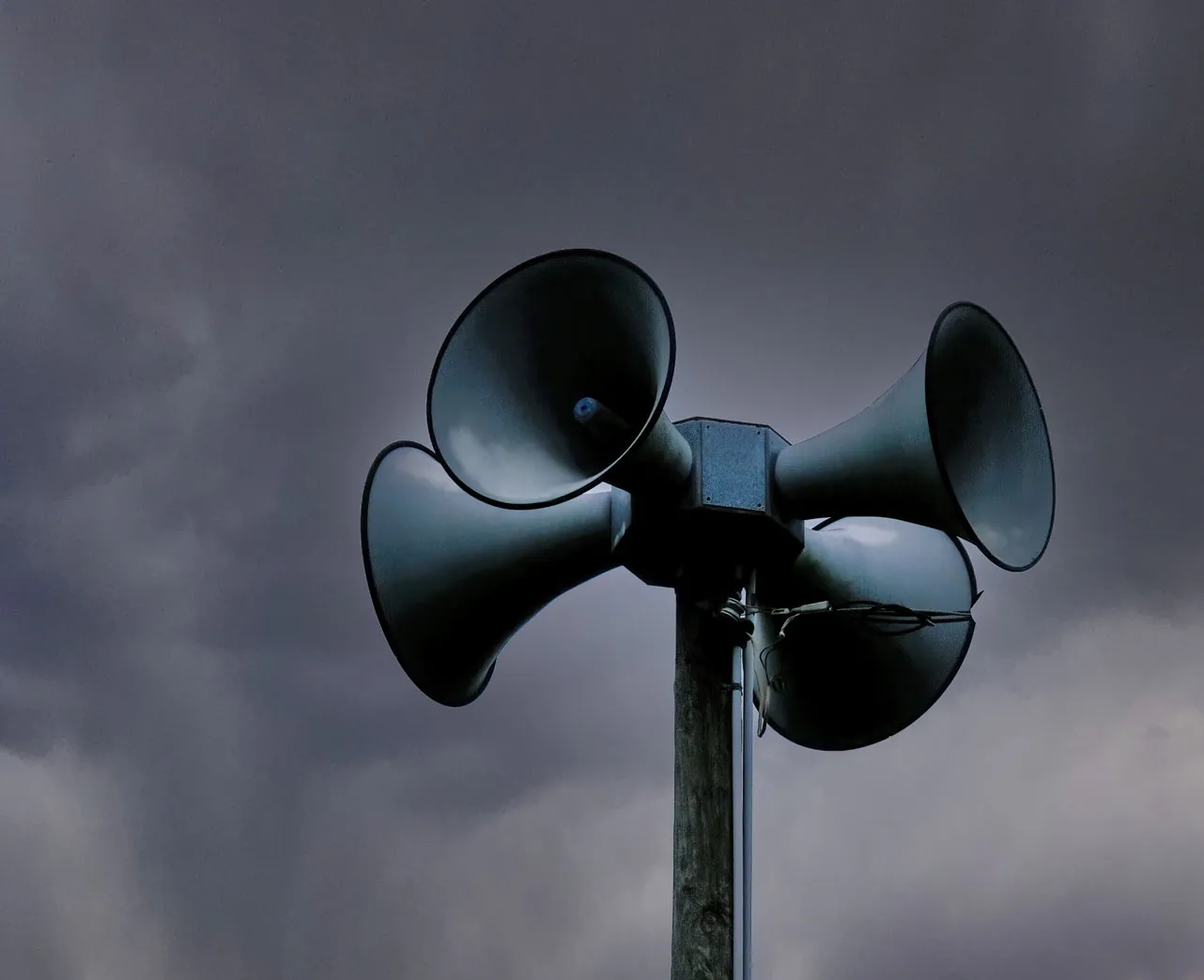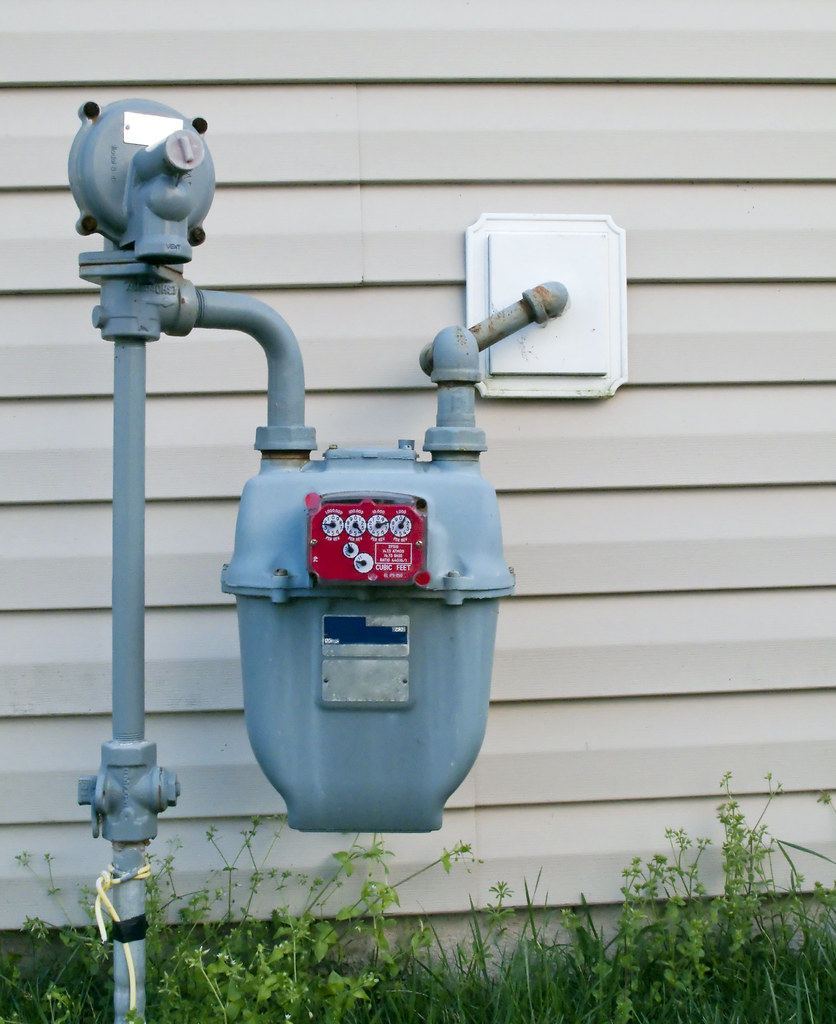
The Louisiana Public Service Commission has approved the addition of a new 457 area code in the region currently served by the 318 area code. This change, known as an area code overlay, does not replace existing numbers but requires a new dialing procedure. Starting August 25, 2025, all calls in the 318 and 457 area codes must be dialed using the full ten-digit number (area code + telephone number). This adjustment ensures a continued supply of phone numbers in the area.
This change will impact businesses and service providers, particularly those in alarm, security, and elevator services. Any equipment programmed to dial only seven digits must be updated to accommodate the ten-digit dialing requirement. Failure to do so may result in failed call attempts, affecting critical security and emergency systems. To facilitate testing, a special test number (457-457-1457) will be available from June 25, 2025, to October 25, 2025.
To comply with these new regulations, businesses and service providers should begin updating their systems immediately. By February 24, 2025, ten-digit dialing should be adopted in preparation for the mandatory transition in August. If you have questions, contact your local service provider or the Louisiana Public Service Commission for further guidance.
The following information provided by George E Guerra | Lead Network Technology Support | Number Policy Planning and Administration | M: 4157947314 | E: gg2395@att.com
Programming Updates Required No Later than August 25, 2025, for the Louisiana 318 Area Code
Attention: Alarm, Security, and Elevator Service/Equipment Providers
To ensure a continuing supply of telephone numbers, the Louisiana Public Service Commission approved the addition of the new 457 area code to the geographic region served by the 318 area code. This process is known as an area code overlay.
What is an area code overlay?
An overlay is the addition of another area code (457) to the same geographic region as an existing area code (457). An overlay does not require customers to change their existing area code but does require using a new dialing procedure to complete calls.
What will be the new dialing procedure?
The new dialing procedure will require that all calls in the 318 area code that are currently dialed with seven digits will need to be dialed using area code + telephone number. The same dialing procedure will apply to telephone numbers that are assigned in the new 327 area code.
How does this affect providers of alarm and security services and equipment?
As a result of the overlay, a new local dialing procedure requires callers to dial area code + telephone number.
Alarm, security, and elevator services and equipment currently located in the 318 area code and programmed to dial only seven digits must be updated or reprogrammed to dial area code + telephone number for all calls in the 318 and 457 area codes.
Reprogramming of alarm equipment must be completed by August 25, 2025
To verify that equipment can complete calls to the new 457 area code, a special test number,457-457-1457, will be in service beginning June 25, 2025, and will remain active through October 25, 2025.
When will the change begin?
Beginning February 24, 2025, dial 10 digits (area code + 7-digit telephone number) whenever you place a call, including calls within your same area code. If you forget and dial just 7 digits, your call will still be completed.
Beginning August 25, 2025, the new dialing procedure must be used, as described above. On and after this date, if callers do not use the new dialing procedure, calls will not complete. A recording will instruct the caller to hang up and dial again including the area code.
Beginning September 25, 2025, new telephone lines or services may be assigned numbers with the new 457 area code. Anyone with a telephone number in the 318 area code must dial the area code + telephone number or the call will not complete.
What will remain the same?
- Telephone numbers, including current area code, will not change.
- The price of a call, coverage area, or other rates and services will not change due to the overlay.
- What is a local call now will remain a local call regardless of the number of digits dialed.
- You can still dial just three digits to reach 911 and 988.
- If 211, 311, 411, 511, 611, 711 or 811 are currently available in your community, these calls may still be dialed using just three digits.
Who may you contact with questions? Customers with questions regarding the dialing procedure change should be directed to their local service provider, or they can contact the Louisiana Public Service Commission at https://www.lpsc.louisiana.gov/,









